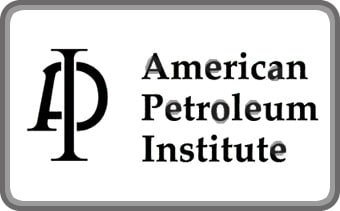February 29, 1980 the American Petroleum Institute hosts a meeting with its CO2 and Climate Task Force comprised of fossil fuel industry representatives from Exxon, Texaco, and Standard Oil. The meeting was called to discuss research needs regarding the rise in atmospheric CO2, to establish API’s position on “climate matters,” and to edit API’s technical letter to the Department of Energy. The meeting was largely centered around the attached report by Dr. J. A. Laurman – “The CO2 Problem; Addressing Research Agenda Development”.
Despite stating that “the physical facts agree” that large effects of global climate change will be realized in 50 years and that a 2% decrease in fossil fuel consumption would “considerably ease” the “immediate problem,” the committee still focuses on the “large probable error” of the data. From API’s perspective, atmospheric CO2 deserves increased attention not because of the potential risks, but because of the correlation between the rise in CO2 and industrial fossil fuel combustion, scientific consensus, and the extended period of time for remedial efforts to become effective.
Dr. Laurman’s report uniquely concedes that there is “strong evidence” that the increase in atmospheric CO2 concentration is “anthropogenic” and caused “mainly from fossil fuel burning.” Further, the report dismisses uncertainties surrounding the current carbon cycle modeling and natural climate variability. Predicting a global average of 2.5 degrees C rise expected by 2038 with “major economic consequences” and a 5 degree C rise by 2067 with “globally catastrophic effects,” the report concludes that there is “no leeway” regarding the “time for action.”


